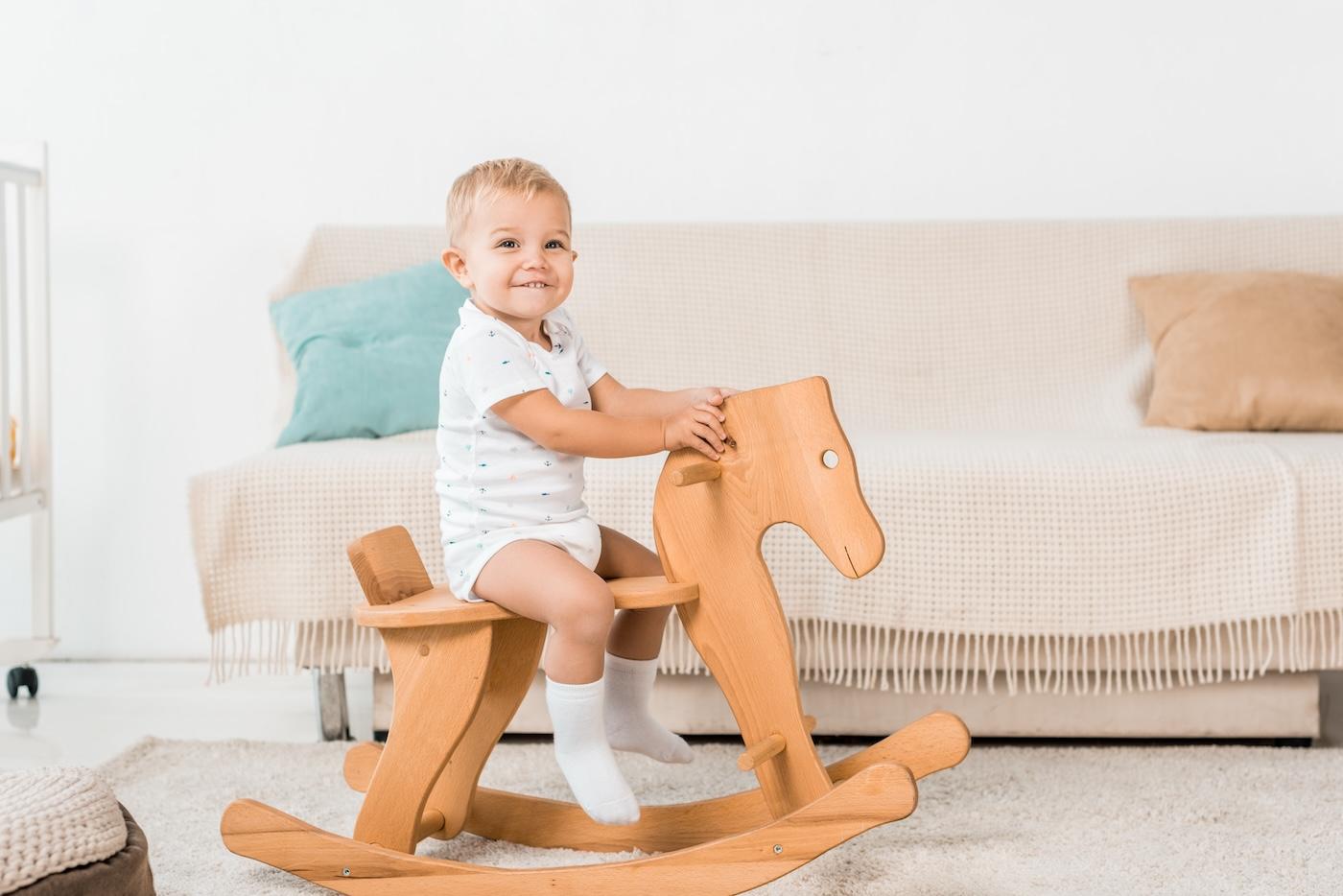BABY
How to Wean Night Feedings and Boost Sleep
Night weaning can start earlier than most mums think!

Written by
Dr. Harvey Karp

Weaning Night Feeds
Getting your baby to eat more during the day and less at night can start when your baby is as young as 1-month-old. It is essential, of course, to ensure your baby is getting enough nourishment. If you have plenty of milk (discuss with your doctor/lactation consultant before using these tips), and your baby is gaining steadily, you can begin to wean night feedings and help your baby sleep better at night with some swaddling, white noise…or with SNOO.
When Should I Wean My Baby Off Night Feedings?
When babies should be weaned from night feedings depends on whether they are bottle-fed or breastfed. Babies that are bottle-fed can be weaned from night feedings at around 6 months of age, whereas breastfed babies may take up to a year to be weaned from night feedings.
Do Babies Naturally Drop Night Feeds?
It is natural for babies to drop night feeds on their own. This is because your baby will be able to last longer without food. You can prep your baby to drop night weaning by gradually giving him less time on the breast each night. Below you will find detailed tips for weaning your baby from night feedings.
How to Wean Night Feedings
For the first month: If your baby sleeps 4 to 5 hours at night, awaken him and feed him to make sure he gets enough milk. I also suggest you use the wake and sleep technique for all naps/nights. It is a gentle and gradual way that teaches your baby to self-soothe and builds her confidence over time that she can put herself back to sleep when she awakens. This is essential as you begin to drop night feeds.
For the next 2 months: Let your little one sleep longer (maybe up to 6 hours or so) before you awaken and feed. Pump a few ounces if your breasts feel too full. Consider awakening your baby before a midnight dream feed. I like to think of this as topping off the tank. It should provide your baby more ‘fuel’ so they can sleep a longer stretch on their overnight journey.
I highly recommend you use swaddling and strong rumbly white noise—or SNOO—to aid sleep. With each of these, you will reduce night awakenings and help your baby tune out disruptions, both external and internal, that might irritate your baby at night. Some parents worry that their baby will sleep too deeply and go hungry, but those concerns are unfounded. Rest assured, if your baby needs to eat, she will definitely awaken!
After 4 months: You can boost daytime calories by offering extra feedings and reducing mealtime distractions. And, continue to awaken your baby prior to a midnight dream feed.
Final Thoughts on How to Wean Night Feedings
Once you have successfully figured out how to wean your baby from night feedings, you may find it easier to get the sleep that you need to feel well-rested, too! For more tips on breastfeeding, please read:
Disclaimer: The information on our site is NOT medical advice for any specific person or condition. It is only meant as general information. If you have any medical questions and concerns about your child or yourself, please contact your health provider. Breastmilk is the best source of nutrition for babies. It is important that, in preparation for and during breastfeeding, mothers eat a healthy, balanced diet. Combined breast- and bottle-feeding in the first weeks of life may reduce the supply of a mother's breastmilk and reversing the decision not to breastfeed is difficult. If you do decide to use infant formula, you should follow instructions carefully.
SHARE THIS ARTICLE
PARENT PICKS
Bestsellers



















